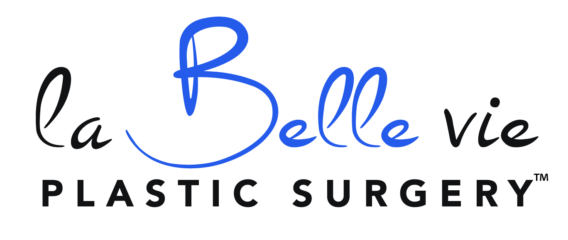Struggling with stubborn acne scars, sun damage, or fine lines that refuse to fade no matter what you try? You’re not alone. Skin imperfections can take a toll on your confidence and comfort in your own skin. From rough textures and uneven tones to deeper wrinkles, our laser resurfacing treatments are designed to transform your…
Implant maintenance
This is to update you on some new information about breast implants and provide helpful guidelines about implant maintenance.
As you may or may not have heard in recent news reports, recent research studies have suggested that some people with breast implants have a very low risk of developing breast implant-associated anaplastic large cell lymphoma (BIA-ALCL). BIA-ALCL, is a very rare and highly treatable type of cancer that can develop around a breast implant. BIA-ALCL is not the same as breast cancer.
The risk of developing BIA-ALCL is thought to be as high as 1 in 1,000 to as low as 1 in 40,000 in women, depending on the study. However, it is important to note that since 1997, less than 600 case reports (out of the millions of patients treated since then with breast implants for reconstruction or augmentation) have been submitted to the US Federal Drug Administration thus emphasizing the relative rarity of this issue. As these reports are evolving, more information can be found on the FDA website link provided below. In most cases, BIA- ALCL develops years after implant placement (usually 7-8 years after surgery).
The main risk factor for developing BIA-ALCL appears to be the texture on the shell of the implant, not what the implant is filled with (silicone and saline have the same risk). This does not mean that you should change your current medical care or that you need to see your surgeon right away. Neither the U.S. Food and Drug Administration (FDA) or any other regulatory bodies have recommended either the removal or replacement of textured implants. You should continue to be seen every 1 to 2-years for a routine physical examination and additionally, for silicone implants, an MRI to check the integrity of the implant. However, if you have noticed any swelling, pain, or lumps around your implant, please contact your physician as soon as possible to schedule an appointment. These signs do not mean you have BIA-ALCL; they are usually because of other problems with an implant, but they may be an early sign and should be evaluated carefully.
(https://www.fda.gov/MedicalDevices/ProductsandMedicalProcedures/ImplantsandProsthetics/ BreastImplants/ucm481899.htm)



